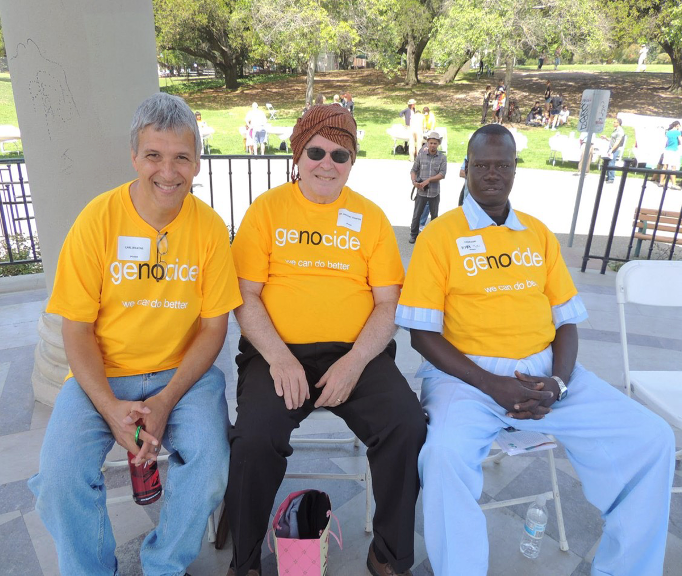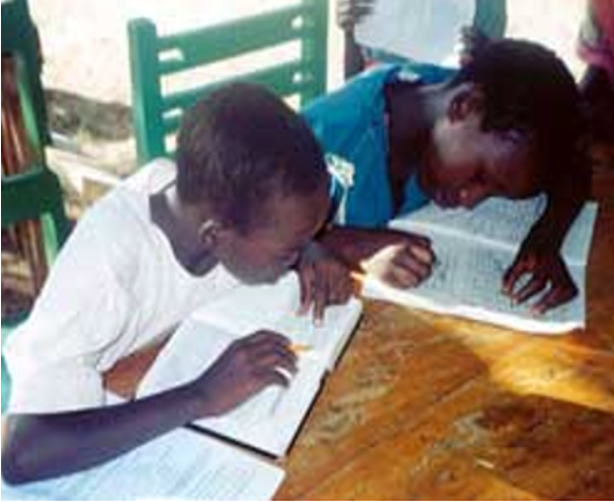
SUPPORT OUR MISSION
24/7 In Touch
+00 210-588-3617
Email Address
Our Location
10 Bartlett Road, Westford,US
Flourish Mountains
Hope Alliance

Re-building Sustainable, Resilient, Safer and Dignified Society
Menu
+00 210-588-3617
10 Bartlett Road, Westford,US
Hope Alliance

The quality or condition of being unable to read or write

It is clear that for some of us there is a complete blind spot to a potential problem in our lives. We often call this an illiteracy. However, isn’t being illiterate simply down to the ability of being unable to read? In the past, yes. Today, though, the term illiteracy can be put towards a whole host of personal issues and errors that you might be dealing with in life. With that in mind, you might not be sure how to properly determine what is an issue, what is a limitation, and what is an outright illiteracy within your own skill set. Basically, illiteracy, defined as the inability to read and write, can have a complex and devastating impact on communities. According to UNESCO, a person is illiterate if they can’t understand and write a simple statement about their daily life. However, illiteracy can also refer to functional illiteracy, which is when someone can’t participate in activities that require literacy to function in their community. Lack of education, lack of access to information, and low standard of living or inability to function in society and live a decent life are some examples that can be used to describe illiteracy.
In opposite to illiteracy is literacy that gives a person the ability to navigate the world with dignity. The ability to read, write, and comprehend is critical to taking control of our own lives and advocating for ourselves, for our families, and for our communities. When people aren’t equipped with those skills, they’re left with limited options in life. We know that literacy is the key that unlocks every other issue our communities face today. Literacy empowers and liberates people. Beyond its importance as part of the right to education, literacy improves lives by expanding capabilities which in turn reduces poverty, increases participation in the labor market and has positive effects on health and sustainable development. When we solve literacy, we solve everything.
There are multiple types of illiteracy which can be classified into more than 20 types, but we are just focusing on three major types of illiteracy that are overwhelmingly prevailing in our communities. These include functional illiteracy, cultural illiteracy, and moral illiteracy:
Here are some of the most frequent causes of illiteracy in our communities:
Illiteracy can have many negative effects on a person’s life and society. It can hinder social and economic development, and can lead to several social issues, including:
Our People in our communities need literacy skills to improve our communities, our economy and our lives. Improved literacy skills benefit not only the struggling readers, but everyone in our community regardless of age, gender, or background. Our people need literacy skill to:
Here are some ways to help reduce and eradicate illiteracy:
Hope Alliance
P.O Box 87123
Oklahoma City, OK 73112
USA